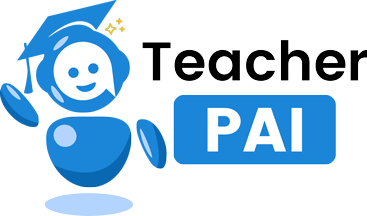“From CareerVision to Reality!”
CareerVisions guides students through a structured, exploratory process that begins with their personal interests and builds toward real-world career readiness. Along the way, they examine people, places, trends, and social issues that influence the world of work. The experience culminates in a hands-on action project where students showcase what they learned to their community.
Goal
To empower participants to identify and pursue career and education pathways that align with their passions, building readiness for survival and success in their field of interest, while instilling a commitment to uplifting their community.
Skill Objectives
Participants will improve the following skills:
- Problem-solving skills – the ability to overcome challenges in exploring careers, preparing resumes, and handling workplace scenarios
- Research skills – the ability to investigate career fields, educational pathways, and entrepreneurial opportunities
- Management skills – the ability to plan and organize time, tasks, and resources to pursue career and postsecondary goals
Outcomes
- Expanded knowledge of various career fields and pathways
- Improved resume-writing, interview, and professional communication skills
- Enhanced self-confidence in career or entrepreneurial pursuits
- Personalized plan for postsecondary education or career advancement
Benefits
- Career development programming grounded in students’ identities and strengths fosters motivation, persistence, and success—particularly for Black and Latino youth. Culturally responsive career planning enhances academic self-efficacy among Black high schoolers (Howard & Flennaugh, 2016).
- Implementing structured ILP-based career readiness resulted in better academic engagement, goal-setting, and preparedness across middle school students from diverse backgrounds (Solberg et al., 2013).
- Early career awareness supports improved academic self-concepts and future-focused mindsets in elementary students (Ferrari et al., 2019).
- Additionally, middle school career exploration initiatives are linked to higher attendance and stronger academic self-image (Lindstrom et al., 2022).
References
- Howard, T. C., & Flennaugh, T. K. (2016). Creating postsecondary access and opportunity for urban youth. In T. C. Howard, J. D. Tunstall, & T. K. Flennaugh (Eds.), Expanding college access for urban youth (pp. 41–57). Teachers College Press. https://escholarship.org/content/qt00t7m817/qt00t7m817.pdf
- Solberg, V. S., Wills, J., & Larson, M. (2013). Using Individualized Learning Plans to produce college and career ready high school graduates (Policy Brief 6). National Collaborative on Workforce and Disability for Youth (NCWD/Youth). https://dpi.wi.gov/sites/default/files/imce/acp/pdf/ccrilp.pdf
- Ferrari, L., García, R., & Ruiz, M. (2019). Career exploration as social and emotional learning for elementary school students. Journal of Career Development, 46(3), 301–316. https://files.eric.ed.gov/fulltext/EJ1307450.pdf
- Lindstrom, L., Lind, J., Beno, C., Gee, K. A., & Hirano, K. (2022). Career and college readiness for underserved youth: Educator and youth perspectives. Youth & Society, 54(2), 221–239. https://doi.org/10.1177/0044118X20977004





